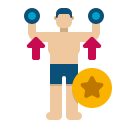Top Yoga Exercises for Building Strength and Flexibility
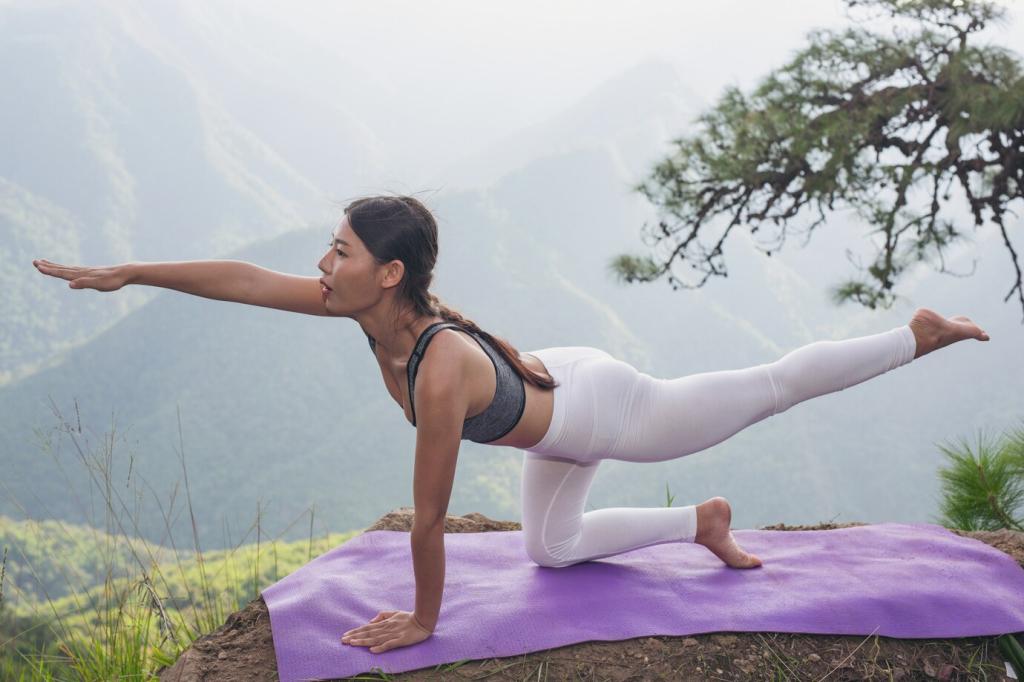
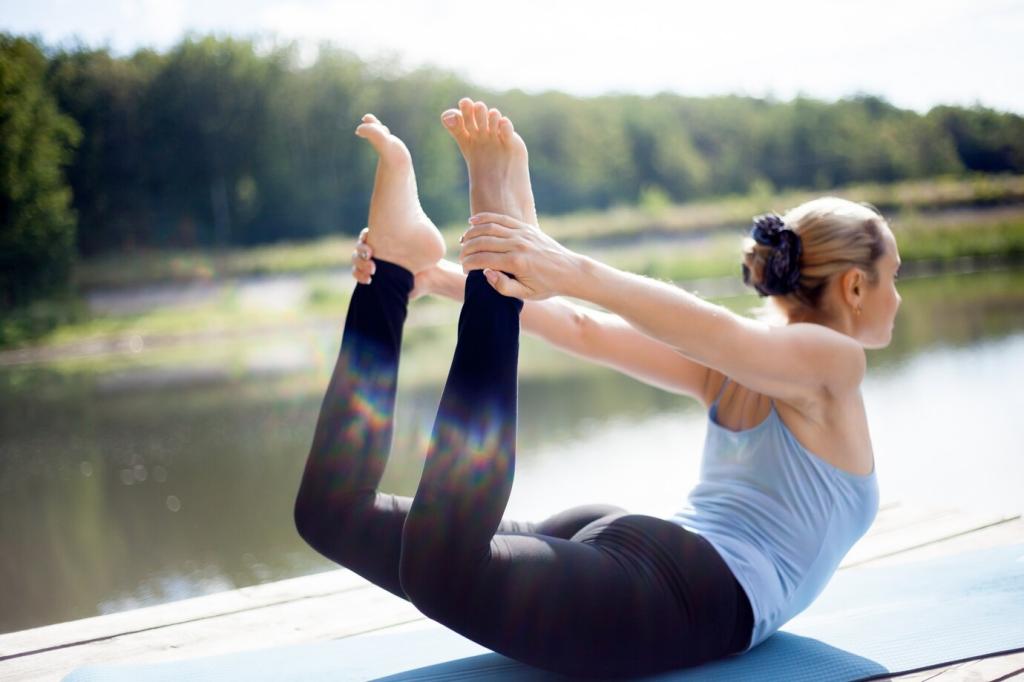
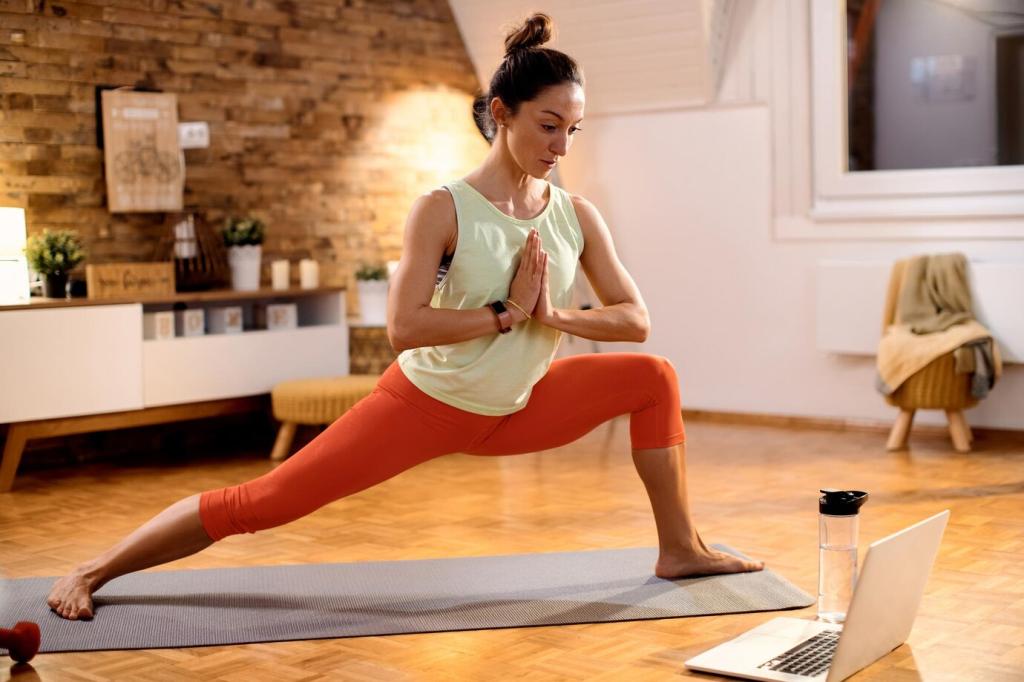
Sun Salutations: Total-Body Conditioning You Can Feel
Alignment Keys You’ll Remember
In Plank and Chaturanga, draw the ribs in, press the floor away, and keep elbows tracking near your sides. In Downward Dog, micro-bend the knees, lengthen the spine, and spread through fingers to protect wrists while cultivating posterior chain length.
Breath as Your Metronome
Let inhales lift and open—Half Lift, Upward Dog—while exhales stabilize and fold—Chaturanga, Forward Fold. This rhythm builds core engagement and controlled mobility, turning every rep into a precise, mindful strength-and-stretch training opportunity.
Progressions and Props
Modify Chaturanga by lowering knees, or elevate hands on blocks to maintain shoulder integrity. Add a longer Downward Dog hold for hamstring opening, or include three slow push-ups to progressively build triceps and scapular strength without compromising form.
Warrior Series: Strong Legs, Open Hips, Steady Focus
Press the outer edge of your back foot, track the front knee over the second toe, and lengthen through both sides of the waist. Feel adductors and glutes fire as inner thighs lengthen. This combination builds stability while keeping hips receptive.
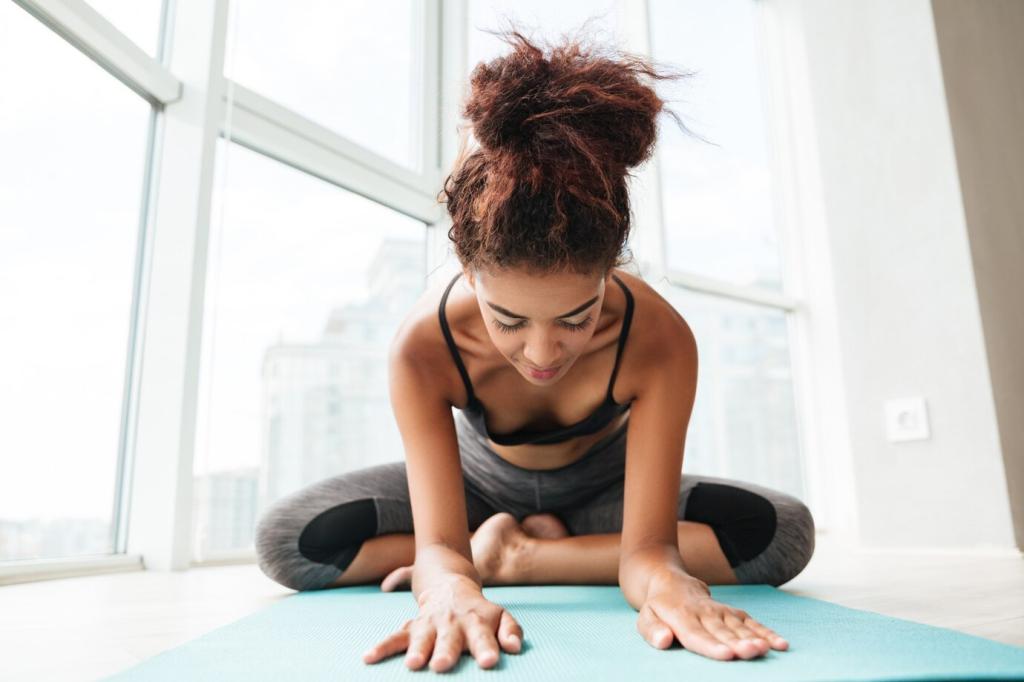
Core Catalysts: Plank, Side Plank, and Boat Pose
Round slightly through the upper back as you press the floor away, broadening the shoulder blades. This scapular protraction trains shoulder stability and integrates the serratus anterior, helping protect the rotator cuff while your core builds real, transferrable strength.
Core Catalysts: Plank, Side Plank, and Boat Pose
Stack feet or stagger for balance, and imagine lifting your bottom waist to the ceiling. Try Forearm Side Plank or lift the top leg for added challenge. These variations strengthen obliques and hips while inviting lateral line length and control.
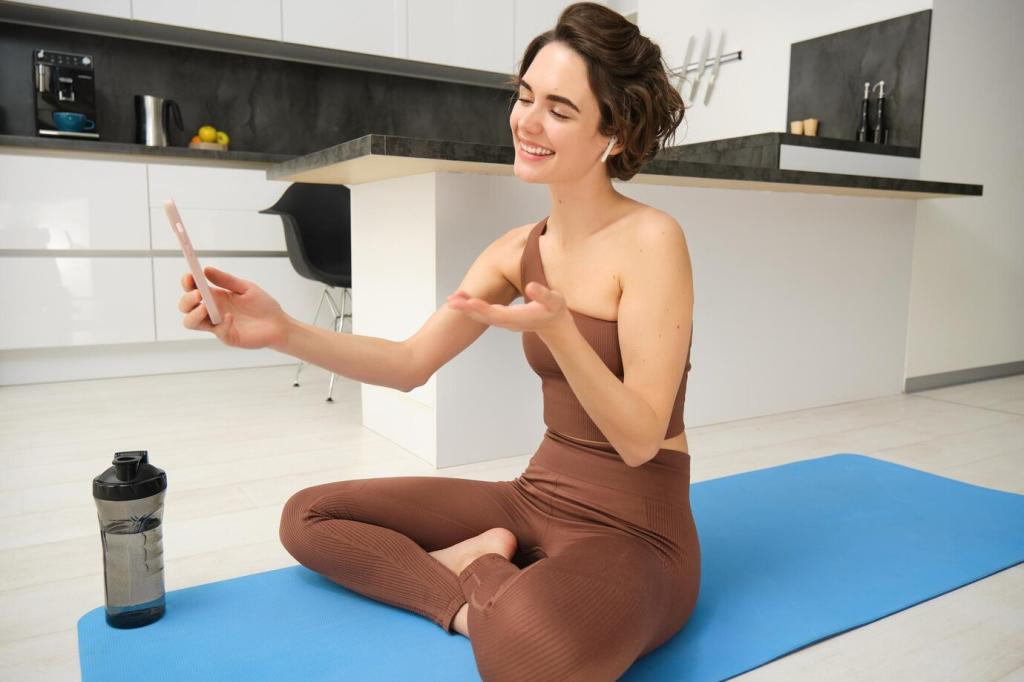
Backline Strength and Front-Body Openness: Cobra, Locust, Bridge
Cobra vs. Upward Dog
In Cobra, keep thighs grounded, pull the heart forward, and draw elbows back to engage lats. In Upward Dog, lift thighs, straighten arms, and expand the chest. Choose the variation that lets you strengthen your back without pinching the lumbar spine.
Locust for Posterior Chain
Lift chest and legs by initiating from glutes and mid-back rather than cranking the neck. Squeeze a strap between ankles for better organization. Locust cultivates powerful spinal extensors and hamstring tone, foundational for both stability and flexible backbending.
Bridge with Block Feedback
Place a block between thighs and press gently to activate adductors and pelvic floor. Lengthen the tailbone toward knees and broaden collarbones. This action stabilizes the pelvis, builds glutes and hamstrings, and allows the front body to open with integrity.
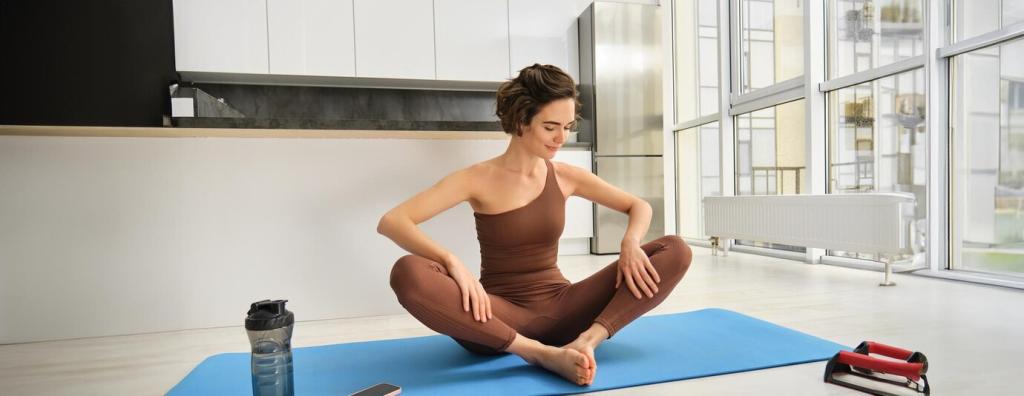
Half Splits with Active Pull
From a kneeling lunge, straighten the front leg and flex the foot. Lightly drag the heel back on the mat to wake hamstrings while lengthening them. Keep a long spine and breathe steadily. This simple cue transforms stretching into strength-based mobility.
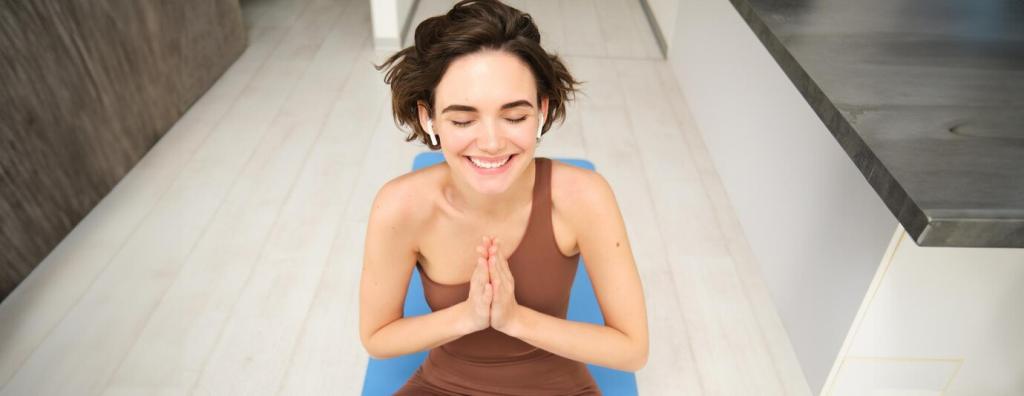
Low Lunge to Open the Psoas
Tuck the back toes, lift the back thigh slightly, and imagine drawing the front heel toward the back knee. You will feel a deeper, safer opening through hip flexors. Add a gentle side bend to target psoas and create space across the front body.
